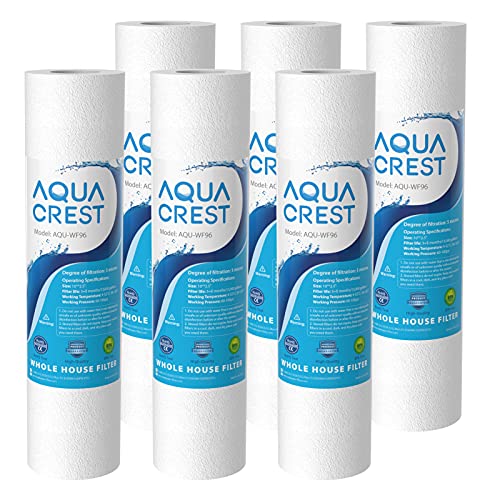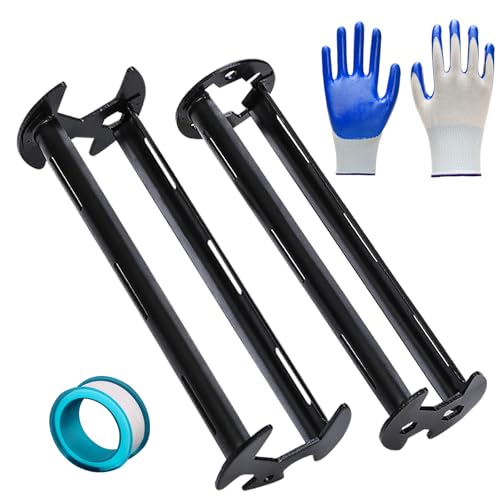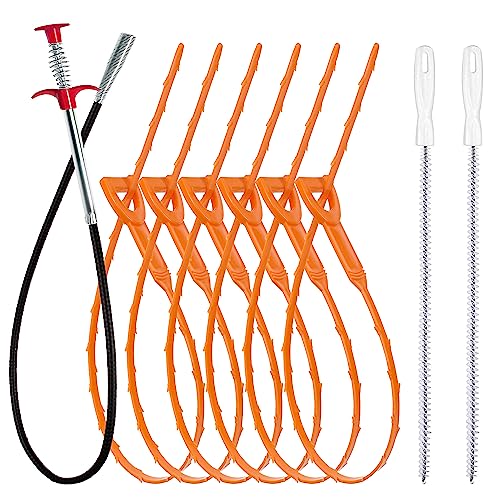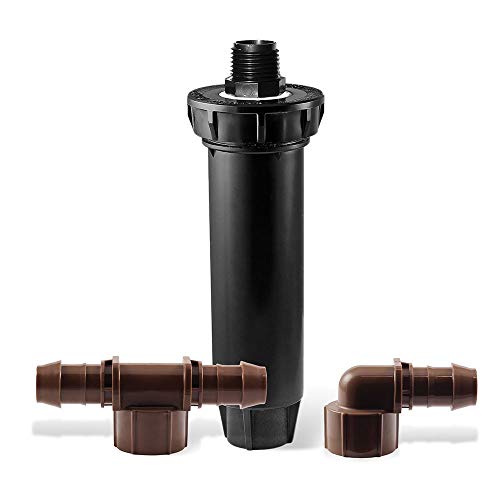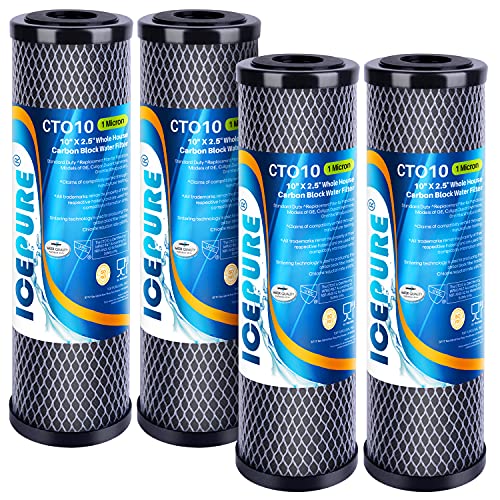I don’t use rubbing alcohol to loosen or remove old caulk.
After I have painstakingly and mechanically removed all visible caulk, which takes a long time if done properly, there are still traces of caulk film or tiny bits here and there.
An aggressive scotchbrite pad soaked in strong rubbing alcohol will soften and then rub off these last traces of caulk, and also remove soap film and mildew.
I find the green pads work best.
Sometimes they leak some green color, so I go back again with clean paper towels dampened with more alcohol.
You can search on Google for plenty of evidence that denatured alcohol will soften caulk.
Some folks like to use mineral spirits, vinegar, or other solvents, I stick with rubbing alcohol.
It dries pretty fast, and does not leave any film that needs to be cleaned up.
I do occasionally use caulk remover, when there is a bathtub with multiple massive wide sloppy layers of ancient hardened caulk.
I am pretty much done with doing recaulking jobs, do to bad arthritis.
But when I do them, I get nutty and do it my way.
Totally cleaning off all old caulk, then putting a fan in the tub or shower overnight, because there is always some water trapped in the joint.
And for really dirty or moldy issues I final clean with Tilex, then rinse with plain water.
Then come back to apply new caulk the next day.







